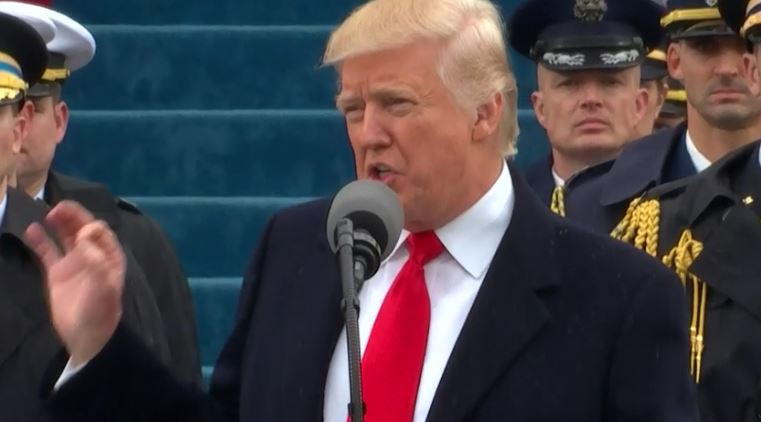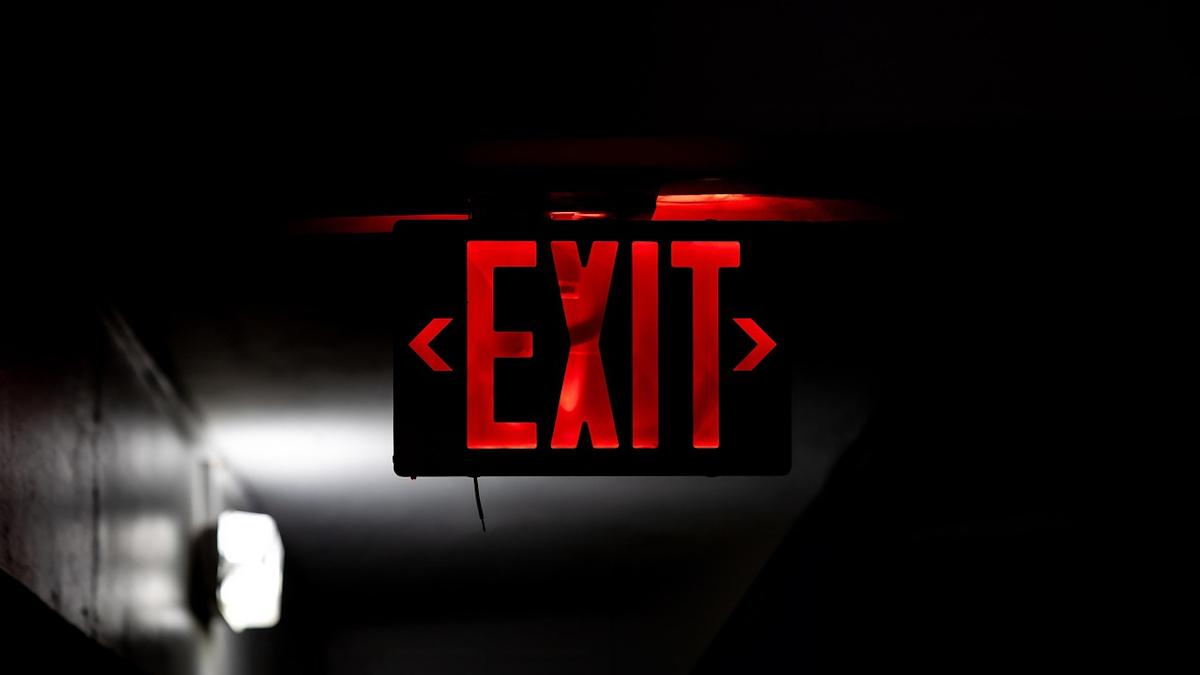Federal court puts kibosh on Trump plan for drug prices in TV ads

A federal judge has blown a hole in an attempt by the Trump administration to force drugmakers to put the list prices of their medicines in TV advertising.
The measure – which had been due to come into effect just a few hours after the verdict – would have required the wholesale acquisition price (WAC) of any medicine that costs more than $35 per month to be revealed during the commercial, in the hope of shaming drugmakers into lowering their process.
The pharma industry has insisted that it is unfair as the list price does not take into account discounts or rebates that might be offered, did not give a reflection of patient out-of-pocket costs, and that the Department of Health and Human Services (HHS) overstepped its regulatory powers in ordering the move.
This week, District Judge Amit Mehta, presiding over a court in Washington, DC, agreed and in a ruling called an immediate halt to the initiative.
In the judgment, Mehta wrote that the policy “could very well be an effective tool in halting the rising cost of prescription drugs. But no matter how vexing the problem of spiralling drug costs may be, HHS cannot do more than what Congress has authorised.”
The court didn’t rule on another argument levelled by the industry that disclosing the WAC violated the First Amendment right to freedom of speech, so that objection is held in reserve if HHS decides to appeal the decision.
Critics of the move had also pointed out that the proposal contained no mechanism to enforce the WAC rule in ads, and would rely on industry self-regulation.
Placing prices in direct-to-consumer (DTC) TV ads was just one of a basket of measures proposed by Trump in his American Patients First blueprint published last year, along with seeking an end to the rebate system for medicines to prevent middlemen taking a cut of the price, and requiring hospitals and insurers to disclose negotiated rates for services.
The White House is incensed by the advertising ruling, with a spokesman telling the New York Times that “it is outrageous that an Obama-appointed judge sided with big pharma to keep high drug prices secret from the American people, leaving patients and families as the real victims.”
The setback comes hard on the heels of another White House initiative seeking to drive down medicine prices in the US. Trump has said he is drawing up an executive order that includes a clause that would match the price of drugs in the US to the lowest among a list of ‘favoured nations’.
Earlier this month, a report from RX Savings Solutions claimed that more than 3,400 medicines in the US had their prices raised in the first six months of 2019, an increase of 17% on the number of drug hikes from a year earlier.
The average price increase was 10.5%, or around five times the background rate of inflation, and suggest Trump’s claims to have had an impact on drug pricing since the blueprint was published last year have no weight.
The Pharmaceutical and Research Manufacturers of America (PhRMA) claims however that the data reflect list price increases and ignore the “significant rebates and discounts on medicines.”












